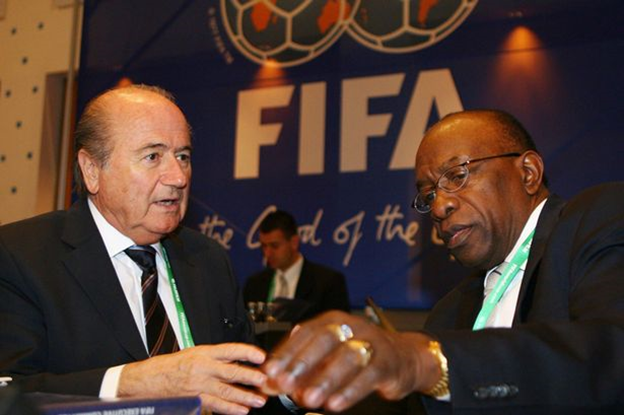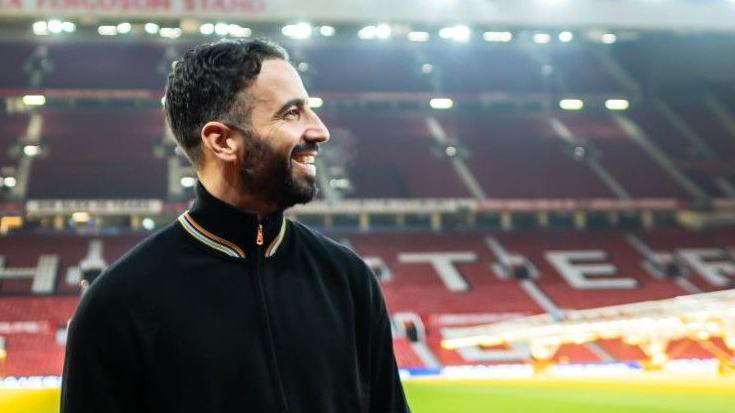Justifying a revision of its code of ethics, FIFA on Tuesday said that people who tarnish the reputation of others must be banned from football.
The associated press had revealed that a new crime of defamation had been added to the document governing the conduct of football participants, with a possible ban of up to five years.
Although the code does not provide a clear definition of defamation, FIFA provided additional context in a statement, stating that it was “to communicate false information that undermines the reputation of an individual or a group”. The ethics commission would determine what constitutes “false information”.
Targeting criticism following his decision to overthrow the president of the investigating chamber in 2017, FIFA President Gianni Infantino has denounced what he calls “False news and alternative facts about FIFA”.
“Football is not immune to behavior that aims to tarnish the reputation of others and must be sanctioned accordingly,” FIFA said.
“Persons bound by this code are forbidden from making any public statements of defamatory nature towards FIFA and/or towards any other person bound by this code in the context of FIFA events.” FIFA added.
FIFA elaborated on these significant changes in a statement issued a day after the AP revealed that the new code, distributed without public announcement to football officials, differed from the 2012 edition.

Former FIFA president Sepp Blatter and former vice president Jack Warner were investigated by the ethics commission. (Source:www.dailymail.comuk)
One of the most significant changes is that the word “corruption” is completely removed from the English language primary version of the code. FIFA stated this change had no impact on the offenses under investigation.
But cases of bribes, embezzlement and manipulation of matches will have to be prosecuted within ten years of the infringement. In the previous edition of the Code, “bribery and corruption” prosecutions were not subject to a limitation period.
US investigators have uncovered cases of football corruption for decades before dozens of officials and entities were indicted in 2015.
“Although the new code introduces new deadlines for certain serious crimes, the Ethics Commission considers that ten years or 15 years if an investigation is opened is sufficient time to complete the investigation in case of infringement serious,” FIFA said.
“This change will bring more legal certainty to the world of football by ensuring that potential breaches of the code are dealt with quickly,” soccer’s international governing body added.
















